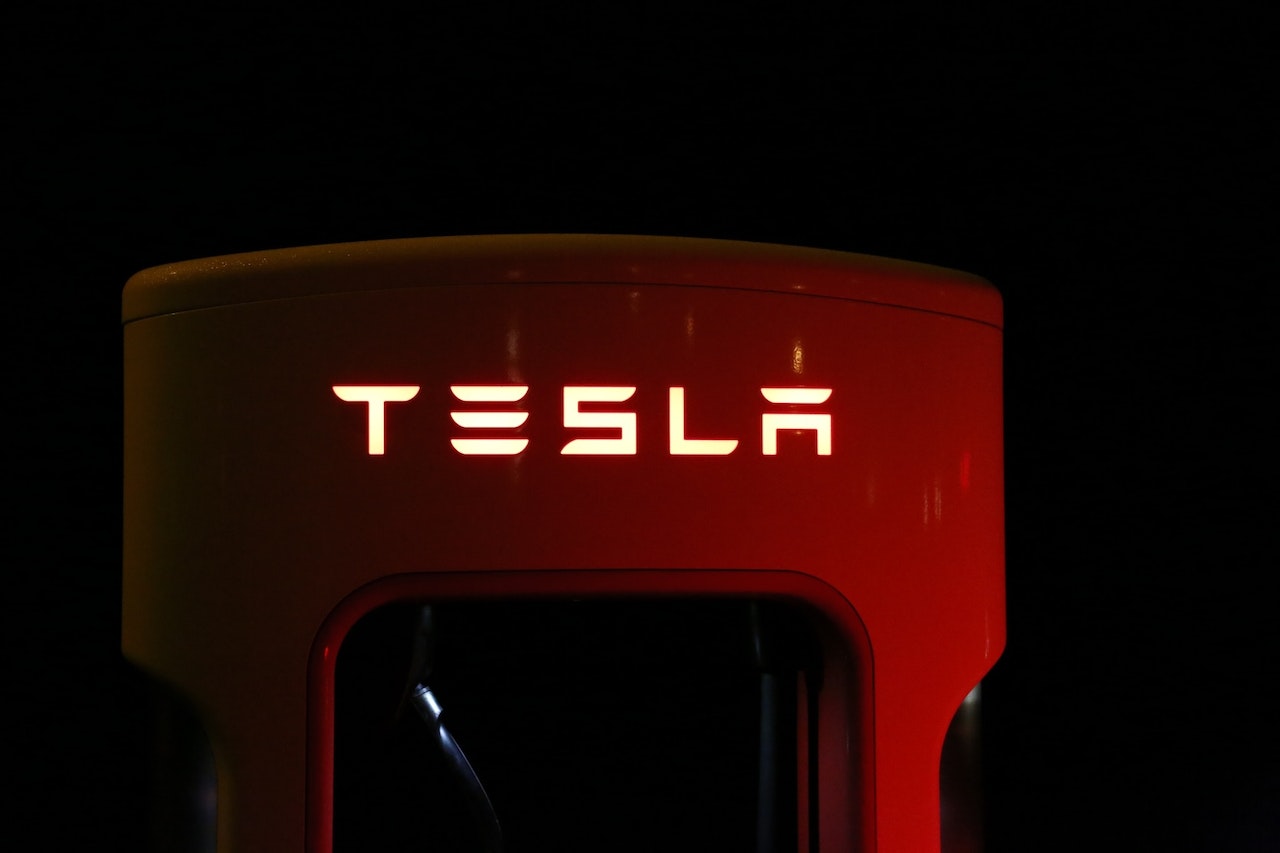What Is the Expected Life of an Electric Car Battery?
The lifespan of an electric vehicle (EV) battery varies, but most manufacturers offer warranties. Nissan and Tesla both guarantee their EV batteries will last at least eight years or 100,000 miles, but batteries can last much longer.
Looking to get a charge point installed at home? To find out how much an electric car charge point will cost, fill out the form below and we'll connect you with reputable EV charger installers in your area - for free! Compare no-obligation quotes:
Although some electric batteries, such as those in mobiles, tend to become slower to recharge after a year or two, the difference is that they recharge and discharge thousands of times – normally once every day or two.
In contrast, an EV battery will have fewer full charge cycles and is designed to preserve a small charge, preventing the battery from draining right down to zero. This provision acts as a buffer, reducing the charge cycles the battery experiences and meaning it will last for longer.
Compare EV Charger Costs
Compare installer costs in your area today and save £££
Warranties on EV Batteries
EV batteries come with a standard warranty. Some dealerships will offer an extended warranty at an additional cost, although this does not affect the guaranteed life cycle of the battery.
The list below shows some of the popular EV brands in the UK and the manufacturer's warranty available with the battery (note that warranty periods for other parts may be different):
- Audi e-Tron: eight years or 99,419 miles
- Nissan Leaf: eight years or 100,000 miles
- Tesla Model 3: eight years or 120,000 miles
- Mercedes EQC: eight years or 100,000 miles
- BMW i3: eight years or 100,000 miles
- Kia Soul EV: seven years or 100,000 miles
- Smart EQ ForFour: eight years or 62,500 miles
Provided the car is within the warranty period, either the age of the vehicle or mileage, the battery will be covered, and you will not need to pay for a new battery.
Recharge Cycles on EV Batteries
EV batteries work like a set of solar panels, with one battery comprising multiple Li-ion cells. Chemical changes inside the cells create a charge that reverses to produce electricity when the car runs.
These batteries have a finite lifecycle, which reduces the more frequently you discharge and then recharge them. Hence, manufacturers state EV battery warranties in years and mileage – whichever comes first.
For example, if you have a BMW i3 and the EV battery fails after six years, you will be able to claim a replacement through the warranty. However, you must purchase a replacement if you have already travelled over the guaranteed 100,000 miles.
That is because an EV battery that isn't used as much will last longer since it experiences fewer discharge and recharge cycles.
Although warranty periods are currently between five and eight years on most car models, EV batteries will likely last 10 – 20 years before reaching the end of their usable lifecycle. However, the relative infancy of the technology means that we won't have a more accurate indication for some time yet.
Maximising the Life of Your EV Battery
EV batteries don't tend to stop working suddenly – rather, they begin to reach less than 100% of their charge capacity as the cells wear down. Because EVs haven't been in use for particularly long, it isn't easy to estimate when that may happen.
Performance degradation depends on the quality of the battery, but most models are expected to perform to 70% capacity up to 200,000 miles on the outside.
However, Tesla Model S taxis commissioned at Gatwick Airport have been tested to 82% performance after covering 300,000 miles over three years, so those estimates may be conservative.
The easiest way to ensure your EV battery lasts as long as possible is to maintain an efficient battery charge cycle and avoid frequent draining and fully recharging the battery. When this happens, you can compromise the total energy storage within the cells.
Manufacturers usually recommend charging to 80% as an upper limit and ensuring you recharge your battery well before it reaches a range of zero. By maintaining a steady charge and steering clear of total drainage or full recharges, you can keep the capacity of the battery at optimal levels.
Other factors may be harder to control. Very hot climates can cause EV batteries to wear down faster, and using rapid chargers continually can damage the Lithium-ion packs and cause the battery to degrade due to exposure to higher temperatures.
Slower chargers may not be time efficient, but they are better for the battery.
Recycling EV Batteries
There aren’t yet any big schemes to repurpose or recycle EV batteries because very few will have reached the end of their lifecycle – but there is the potential that the cells could be reused as a component within solar charging systems on homes and other buildings.
EV battery cells may reach the end of their use within a car but can still be used for energy storage purposes, even if they don't have the capacity to run a powerful car motor.
Batteries contain several valuable components, including copper, stainless steel, cobalt, and aluminium, so manufacturers are looking for ways to extract and recycle these materials once the cells are no longer useful for any purpose.
Frequently Asked Questions
Below we answer some commonly asked questions about the anticipated lifecycle of an EV battery.
How Long Does an EV Battery Normally Last?
Car manufacturers usually provide warranties of between five and eight years, but most quality EV batteries are expected to last longer – potentially 15 to 20 years.
Lifecycles of EV batteries depend on usage, mileage and how often the battery is recharged – much like any other car, the more miles you cover and the more intensive the stress on the component parts, the sooner they will begin to show signs of wear and tear.
How Often Do You Replace an EV Battery?
Because EV technology is relatively new, the exact durability of battery models is a little unknown. While warranty periods tend to be up to about eight years and 100,000 miles, it could be as long as 20 years before a battery needs replacing.
However, a mechanic or EV specialist may recommend replacing a battery sooner if the charge capacity is no longer optimal.
Compare EV Charger Costs
Compare installer costs in your area today and save £££


